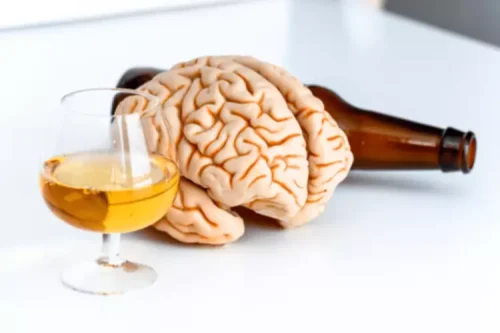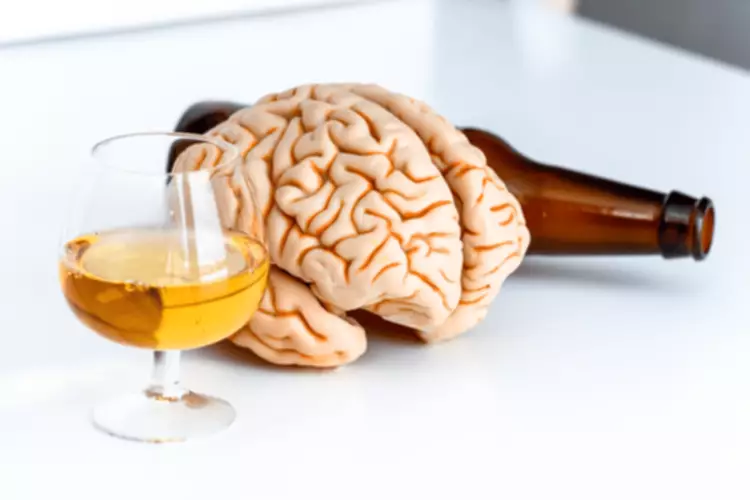
For resources related to AUD, including how to get support, please visit the NIH website. We’ve also partnered with Moderation Management, a non-profit dedicated to reducing the harm caused by the misuse of alcohol. Finally, alcohol disrupts communication between the brain’s neurons, which causes more global side effects like loss of balance, memory, speech, and judgment. To recover faster, focus on staying hydrated, eating nutritious meals, resting adequately, and engaging in gentle exercise to stimulate blood flow and oxygen to the brain. Since alcohol can become addictive when someone drinks in excess for a long amount of time, it’s also important to remember that there are resources available that can help with recovery.
How long does brain fog last after drinking?
Counseling and therapy play a crucial role in alcohol recovery, as they address the psychological and emotional aspects of addiction. Through individual counseling sessions, individuals can explore the underlying causes of their addiction, develop coping mechanisms, and learn healthier ways to manage stress and triggers. Binge drinking can have severe consequences, including alcohol poisoning. This dangerous condition occurs when an individual consumes excessive amounts of alcohol, overwhelming their body’s ability to metabolize it. Alcohol poisoning can lead to life-threatening symptoms and requires immediate medical attention.
The Link Between Alcoholism and Depression from the Brain Chemistry Point of View
- Of course, even if your goal isn’t abstinence, reducing alcohol consumption to light or moderate levels is going to help.
- You might be experiencing brain fog, a term used to describe a set of symptoms that impact your ability to think.
His goal is to help people take control of their addiction, reset their cravings, unscramble their broken brain circuitry and use actionable strategies that work ten times better than anything else. Texas A&M Health encourages you to seek alcohol brain fog the advice of your own health care provider relating to any health concerns. Basically, dopamine is involved in almost every area of your thought and reward system. So the healthier your brain is, the better it can use dopamine effectively and communicate messages between nerve cells and the rest of your body.

How can I speed up recovery from brain fog?
Our brains don’t do well at multitasking, that’s why choosing one very tiny goal at a time offers you the best chance of success. It has to be practical, manageable, and as easy as you can make it. Just like chocolate cake, your brain can easily get addicted to the rush of dopamine that comes with alcohol. Highly palatable sweet, fatty, and salty foods and alcohol are just some of the many things that produce an incredibly drug addiction treatment quick reward. Plus, we have such easy access to them, which is what makes them so addictive. Even two drinks a day can make a difference in brain size, but as always, the more you drink, the worse the effect.
How to Manage Brain Fog After Drinking: Duration and Remedies

A condition of bewilderment may develop, causing people to feel lost or puzzled about what is happening around them, giving them a feeling of depersonalization. Sunnyside is the leading alcohol health platform focused on moderation and mindfulness, not sobriety. On average, members see a 30% reduction in alcohol consumption in 3 months, leading to improved sleep, diet, and overall wellbeing. Also, thinking takes much more effort than we realize, with our brains using about 20% of our total calories consumed.

Need Treatment Financing?
Brain fog after quitting drinking alcohol is a common experience for many individuals. If you or someone you know is struggling with alcohol addiction or experiencing brain fog symptoms, seeking help and support from a qualified healthcare professional is essential. When it comes to alcohol’s effects on the brain, the consequences are profound. It slows down brain activity, leading to issues like memory loss, poor muscle coordination, and delayed reaction times. In more extreme cases, excessive alcohol intake can trigger blackouts, resulting in episodes of amnesia that leave individuals confused and possibly causing damage to the brain. In addiction recovery, I understand the importance of implementing brain fog remedies to improve cognitive function.
Consuming alcohol actually amplifies this effect, contributing to feelings of drowsiness and relaxation. Glutamate, on the other hand, typically stimulates increased brain activity and energy levels. It also helps control our cognitive abilities, such as learning and memory. However, alcohol suppresses glutamate’s effects, leading to even slower brain activity. This decrease in brain activity not only affects us while we’re drinking, but it can result in brain fog the next day. It’s also why we might have difficulty concentrating or recalling certain things.
- Occasional brain fog is not necessarily a sign of alcohol dependency.
- Our brains are wired to want a reward – and that wave of euphoria you feel when you take that first bite of your brownie or sip of wine is dopamine surging through you.
- Neuroinflammation also disrupts the brain’s ability to heal and adapt, making recovery from alcohol-related damage more difficult.
- However, there are ways to prioritize cognitive health, such as exercising regularly, engaging in mentally stimulating activities, and eating well.
As the cells shrink, the brain’s ability to process information is impaired. This can lead to difficulty concentrating, memory problems, and other cognitive issues. The duration of brain fog after quitting alcohol varies from person to person. Factors that can help your brain recover from brain fog faster include the length of time alcohol https://ecosoberhouse.com/ was consumed, the amount of alcohol consumed, and the individual’s overall health.
Dehydration
While brain fog after drinking can happen to anyone who drinks alcohol, it is more common in people who drink heavily or who have alcohol use disorder. It is characterized by memory loss, confusion, and difficulty thinking clearly. Many people report feeling “fuzzy” or “out of it” the day after drinking heavily. A recently released study by the RAND research group revealed the many ways that sleep deprivation negatively affects brain function.


Leave A Comment